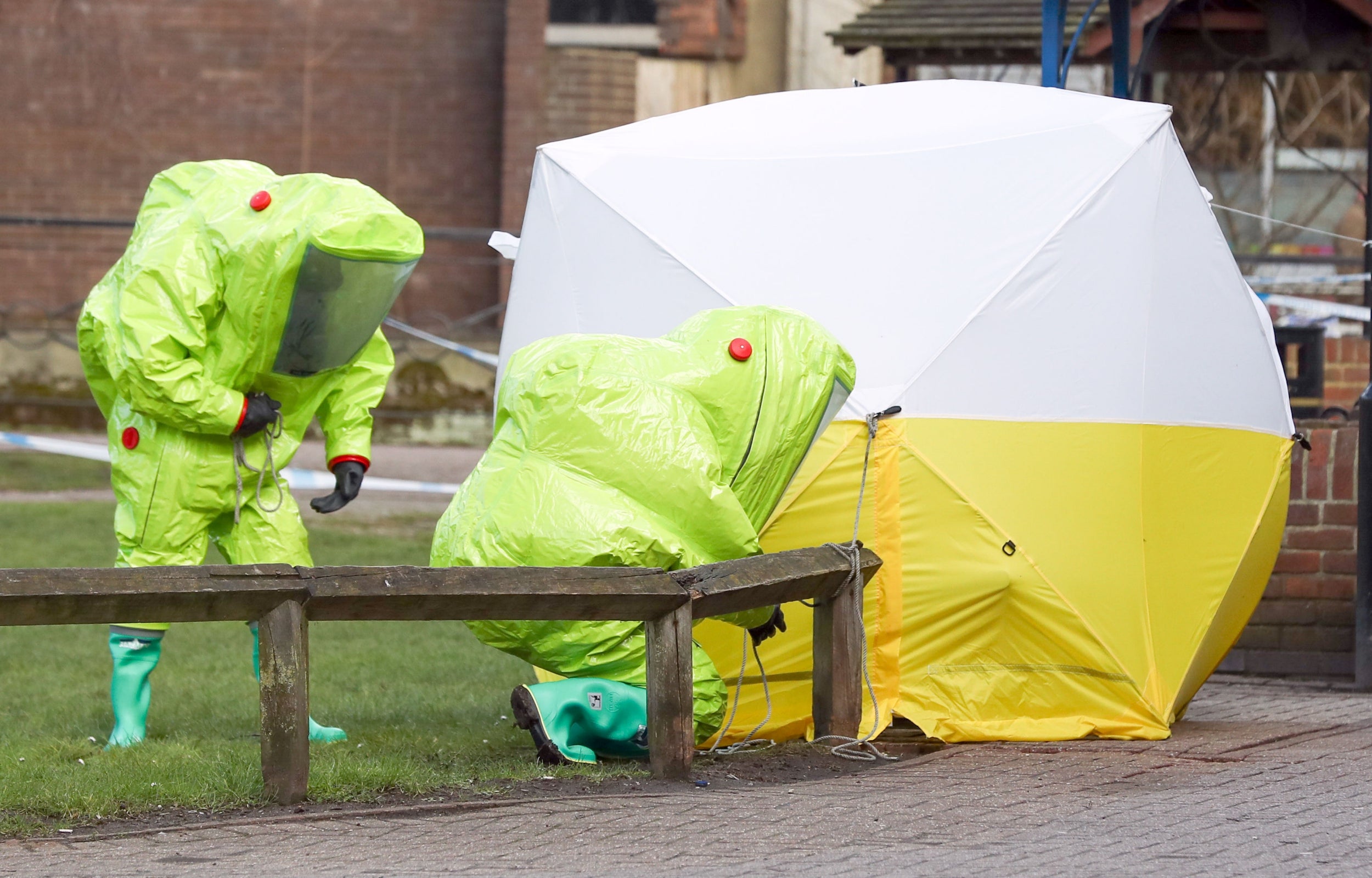Now we know it was the Russian state that poisoned the Skripals, the question is what can we do about it?
There would be more chance of effective, united action against Russia if Britain were to remain a part of the European Union

The prime minister’s emphatic response to the poisoning of Sergei and Yulia Skripal in Salisbury six months ago has been vindicated by the investigation carried out by the police and the security and intelligence agencies.
There were those who suggested that Theresa May had been too definite in attributing the attempted murder to the Russian state, and too quick to rule out other possible explanations, such as a freelance or unauthorised operation by persons unknown using nerve agent that had escaped the Russians’ control. Today’s announcement of the known movements of the Russian spies appears to remove all reasonable doubt. As Ms May said in the House of Commons: “This was not a rogue operation.”
British intelligence, she said, had identified the two men responsible as serving officers of the GRU, the Russian military intelligence service. The attempted murder of British citizens in Britain was, she went on, “almost certainly also approved outside the GRU at a senior level of the Russian state”.
It was a little beneath the prime minister’s dignity, however, to try to score party political points against Jeremy Corbyn. She pointedly thanked Ian Blackford, the leader of the Westminster contingent of Scottish National Party MPs, for his support and added: “I can only wish that that clear condemnation would be possible from the leaders of all political parties.”
This was a mistake. Mr Corbyn has always been unequivocal in his condemnation of the use of illegal chemical weapons: his point in March was that he could not be sure that Vladimir Putin was behind it. Indeed, at the time, Ms May accepted that it was possible, if unlikely, that the Russian state had lost control of the nerve agent.
And Mr Corbyn has now accepted – albeit rather grudgingly – that the Russian state was to blame.
Having been proved right, it would have been more impressive if the prime minister had simply ignored the leader of the opposition and focused on the important question, which is what the UK government now intends to do about Russia behaving like a gangster state.
On this, Mr Corbyn is guilty of playing a little party politics of his own, by insinuating that the prime minister refrains from taking tough action against dodgy Russian money in London because the Conservative Party has taken donations from Russian oligarchs resident here.
He might be better advised to make the point that there would be more chance of effective, united action against Russia if Britain were to remain a part of the European Union.
In the end, of course, there is a limit to the punishments the UK can inflict on the Russian state given that no one wants to go to war. But Ms May’s statement today was in itself a deterrent. The GRU will not like having its activities so comprehensively exposed, which will in itself act as a constraint on it in future.
Join our commenting forum
Join thought-provoking conversations, follow other Independent readers and see their replies
Comments
Bookmark popover
Removed from bookmarks